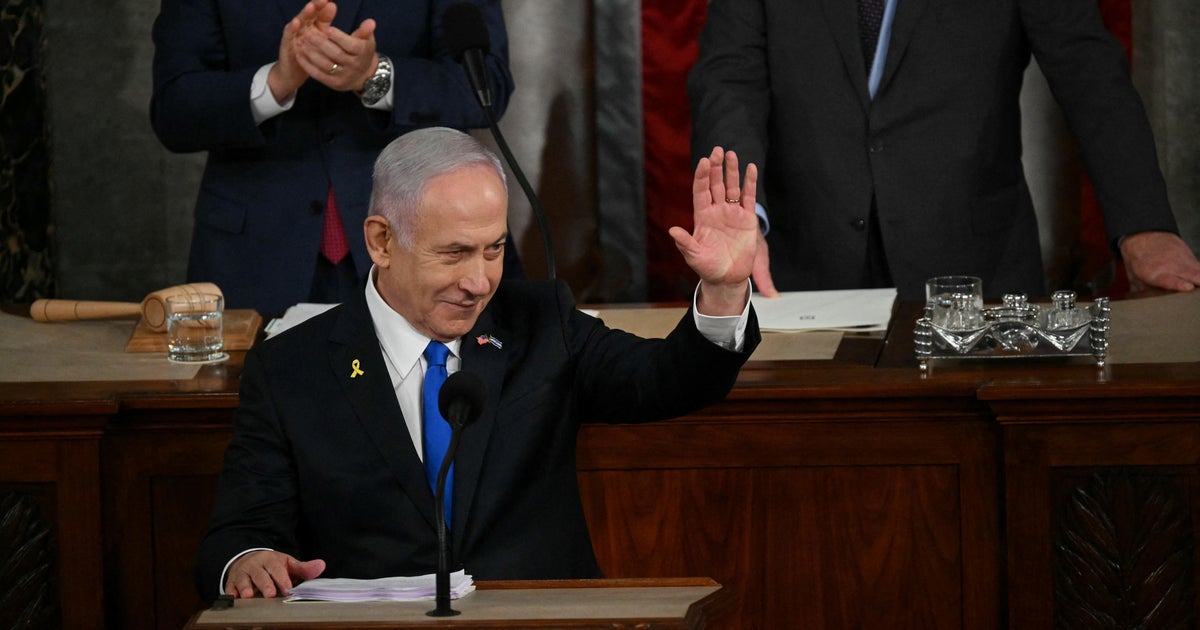Shutdown hits local businesses across U.S., from construction to coffee shops
The economic impact of the partial federal government shutdown is already seeping into the private sector, with small businesses across the country -- from construction firms to restaurants to craft beer makers -- saying they are feeling the pinch. As the impasse between President Donald Trump and Congressional leaders over funding a southern border wall enters its fourth week, business owners who rely on government customers are beginning to feel like collateral damage.
Mowa Haile, owner of Sky Blue Builders in Denver, was forced to stop work on several projects for the General Services Administration, the federal agency that handles office procurement and projects. That's meant laying off eight carpenters and a superintendent at the 50-person firm. In a competitive job market for skilled labor, Haile is worried he'll lose those employees by the time government reopens. And he's already considering cutting four or five more workers as the impasse continues.
"We have these contracts, but we can't do any work because the clients aren't there to manage the work," Haile, a married father of two, told CBS MoneyWatch. "We can't afford to keep nine people busy."
Beat the economic clock
Every two weeks of a federal government shutdown trims 0.1 percentage points from U.S. economic growth, Bank of America economists wrote in a note this week, adding that more "drag" is likely as spending and investments are delayed and cautious companies hold tight to their cash.
If an impasse continues into March, "funding lapses for food stamps could materially impact personal consumption and the cumulative drag from the shutdown could meaningfully cut growth" in the U.S. in the first quarter, the economists wrote. Some of that could be made up if government reopens and federal workers get back pay as has happened in past shutdowns, the economists noted.
At the Ascension Annex coffee shop, around the corner from the federal building that houses the Environmental Protection Agency in Dallas, baristas are already feeling the pain.
"I know for a fact that regulars we see all the time, we haven't seen them. It definitely affects us directly," barista Kioan Yare told CBS affilliate KTTV in Dallas-Fort Worth. "A portion of our income is tips-based. So when we don't have the same amount of people coming in, we can't look forward to the same spending habits that we normally have."
Beyond D.C.: Federal jobs are spread all over
The shutdown began Dec. 22, with some 800,000 federal workers across the country furloughed or working without pay and thousands more federal contractors temporarily out of work. Notwithstanding the high concentration of workers in the Washington, D.C., metro area, the bulk of federal employees live and work far outside the nation's capital.
Relative to population, federal jobs are as common in Alaska, Montana and Wyoming as they are in Maryland and Virginia.
Municipal bond-rating agencies like Fitch Ratings and Moody's Investors Service this week struck slightly cautious notes, both citing the potential impact on local economies where there are high concentration of federal employees, like in the Denver area.
"People will cut back on things, but unless you're talking about something that's going to be meaningful for sales tax revenues, or income tax revenues on a federal basis, that's not something that we are worried about," Amy Laskey, managing director at Fitch, told CBS MoneyWatch.
The big worry, she said, is when federal debt levels reach the ceiling authorized by Congress, expected sometime this summer. An extended shutdown from any Washington fight over raising that ceiling could hurt the nation's credit rating, she wrote.
Still, Moody's analyst Rebecca Karnovitz wrote in a note, cities and towns "are already losing sales tax revenue, while retailers and food service companies are losing business because federal workers have cut their discretionary spending."
A longer shutdown could spread into debt markets "as some cash-strapped federal employees are unable to make loan payments" on mortgages or auto loans, she wrote. The impact may be small as some lenders might grant forbearance "until the borrowers receive back pay."
No bourbon for you
Even workers looking for a new variety of stiff drink may be out of luck: The Alcohol and Tobacco Tax and Trade Bureau is shut until the funding impasse is over, which means local breweries, wineries and distilleries can't get approval on certain new unreleased products.
Dave Colt, cofounder of Sun King Brewery in Indianapolis, told CBS's WTTV that production for an agave-based spirit from the firm's new distillery will probably end up on hold.
"So when we manufacture it in February we're gonna have to sit there and wait," Colt said. "If you look at that retail, that's $25 to $30 a 750-milliliter, and we're talking about cases and cases and cases of sales potential."
The brewery also has a new bourbon awaiting approval, he said. "It's not only affecting us, it's affecting every distillery in Indiana and across the country," Colt said.
Back in Denver, where Sky Blue Builders typically performs about $20 million of work annually, with about half from federal contracts, Haile said he's able to execute work from the the fully funded Defense Department. But Sky Blue Builders is still owed about $175,000 for federal work done in December, even though he submitted the invoice just before the shutdown.
Federal project managers told him they had no idea when Sky Blue Builders might be paid. And Haile estimates he can't start another $600,000 worth of work because there's nobody around to approve it.
"The cash flow in the construction industry is intensive, you expend money and by the time you get that money back, it's 60 days [later]," Haile said. "These situations leave you in limbo. We have good financial wherewithal, but not enough to keep all those folks and sustain that. We have to make those tough decisions."





